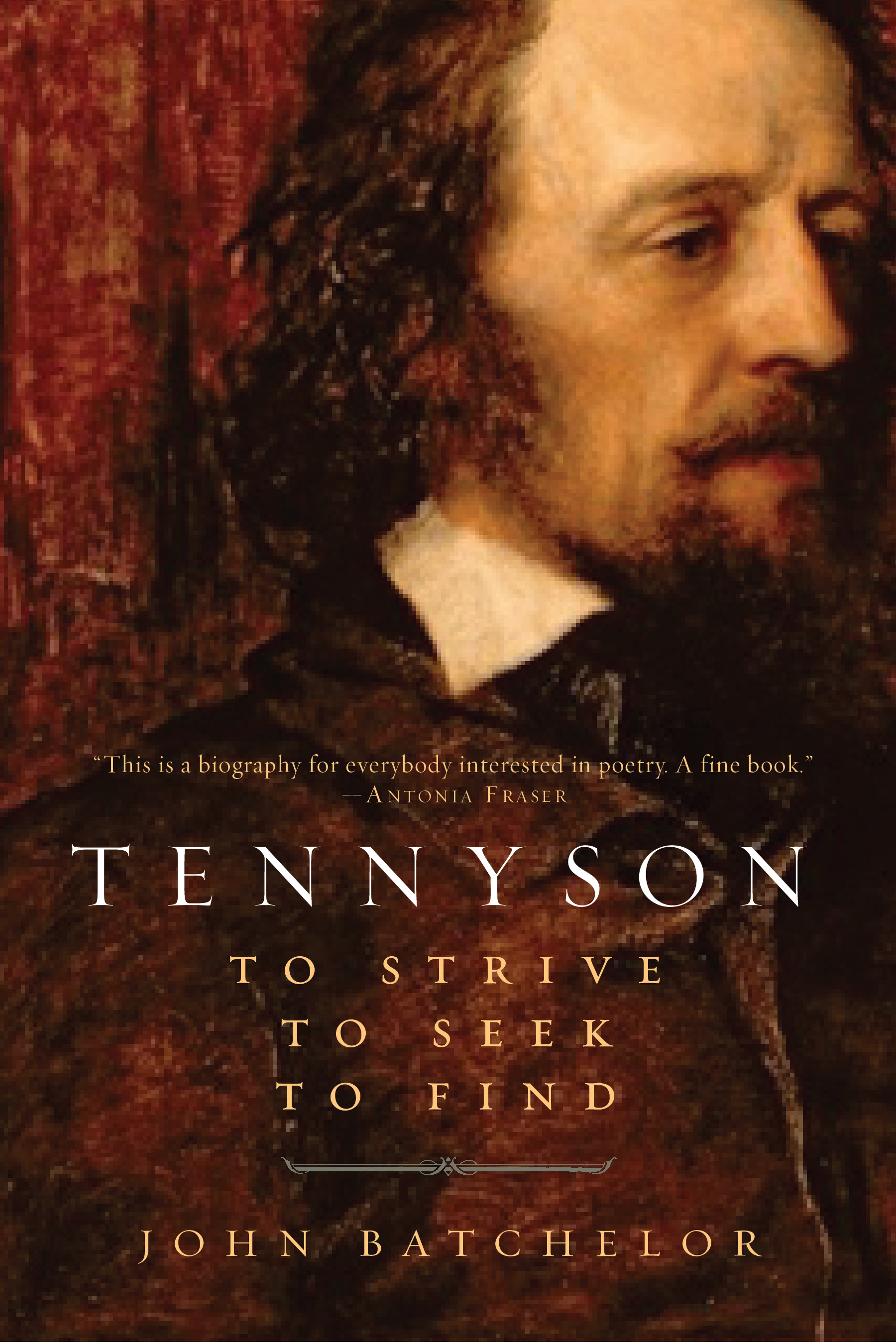

In those days, Greece was made up of several city-states Ithaca was one of these city-states. It is the English (and Latin) name for Odysseus, the king of the Greek island of Ithaca. Ulysses is the name of an Ancient Greek hero. In this poem Ulysses is the performer/narrator. The poem, Ulysses, has all the above characteristics hence it is a dramatic monologue.

The performer does not purposefully make reference to himself the focus is on the speaker's argument, not the auditors" situation. The only way that we will be aware of other people's roles in the poem is through clues given to us by the performer. The person who performs the speech may address other people, namely the auditors, but the auditors will not speak directly. The dramatic device used to express a monologue is called a soliloquy. A dramatic monologue is something like a lyric poem it is not an element in a play. The performer is the person in the poem whom the poet makes use of in order to send a message and/or to express his thoughts to the public. There is a discrepancy between the poet (speaker) and the performer (person performing the poem). Lastly I will attempt to analyse the poem.Ī dramatic monologue is defined as a long speech performed by one person other than the poet. I will first give my understanding of what is meant by a dramatic monologue, and then I will give a brief history about who Ulysses was. I just love how human Ulysses is, yes, he was basically a hero, but he's still human, he has flaws, but he is who he is and his goal is still noble.Īs always, sorry, too long for what seems to be quite a straightforward poem.In this essay I will focus on the poem Ulysses, which is a dramatic monologue, by Lord Alfred Tennyson. To strive, to seek, to find, and not to yield. Made weak by time and fate, but strong in will Moved earth and heaven, that which we are, we are We are not now that strength which in old days And once again he reminds us that there's nothing wrong with what he and they are, and there's nothing wrong with trying to feel alive even if you fail in the attempt: It may be that they will fail miserably or that they will reach the paradise, they will not know unless they do it. 'T is not too late to seek a newer world. Yes, he and his "mariners" are old, that is true, but that does not mean they have to sit and wait for death to come: Some work of noble note, may yet be done, Old age hath yet his honour and his toil ĭeath closes all: but something ere the end, The third stanza is my favorite and it talks again about old age: I've always felt that this second stanza feels a bit out of place (not in terms of meaning but in terms of flow), it's a bit sudden and to me it doesn't seem to go too much with the theme except in two points: First, he is telling us that the "sceptre and the Isle" are not going to be left abandoned if he goes and Second, to reiterate the idea of that yes, Ulysses is not fit to rule, but that is not his "work" To rust unburnish'd, not to shine in use!Īs tho' to breathe were life! Life piled on lifeįrom that eternal silence, something more,īeyond the utmost bound of human thought.Īnd isn't that what traveling and exploring new frontiers is all about? He is old and (like we talked in Sailing to Byzantium) needs to feel alive again: The other reason why I think there's something great about this flawed character is how noble his goals seem to be. Yes, he has traveled, but he wants to keep doing it until he dies, that is who he is and all his travels have made him who he is: Ulysses tells us that more than anything, it's just that he isn't fit to rule, he is not fit to stay in one place doing nothing until he dies, and he doesn't see much wrong about it, if anything. That hoard, and sleep, and feed, and know not me. He calls himself an idle King, calling the place where he rules barren, his wife old, his rule unjust (or unequal at least) and his people savage.īut from here he starts trying to justify or trying to explain his position and I feel like there's something noble about it: Match'd with an aged wife, I mete and dole I think that the start of the poem doesn't really paint a good picture of Ulysses (or Odysseus)īy this still hearth, among these barren crags, It makes me feel as if he's talking to me in part, partially trying to justify himself for what he's feeling and what he is going to do, but mostly to encourage too, to make you empathize. I think one of the things I most like about it is that it's written in first person, immediately immersing us into this less than perfect character. I love everything about it, from the topic of it, to how it sounds, to the sentiment behind it.Īnd of course, this is just how I feel about it. This is, hands down, one of my favorite poems.


 0 kommentar(er)
0 kommentar(er)
